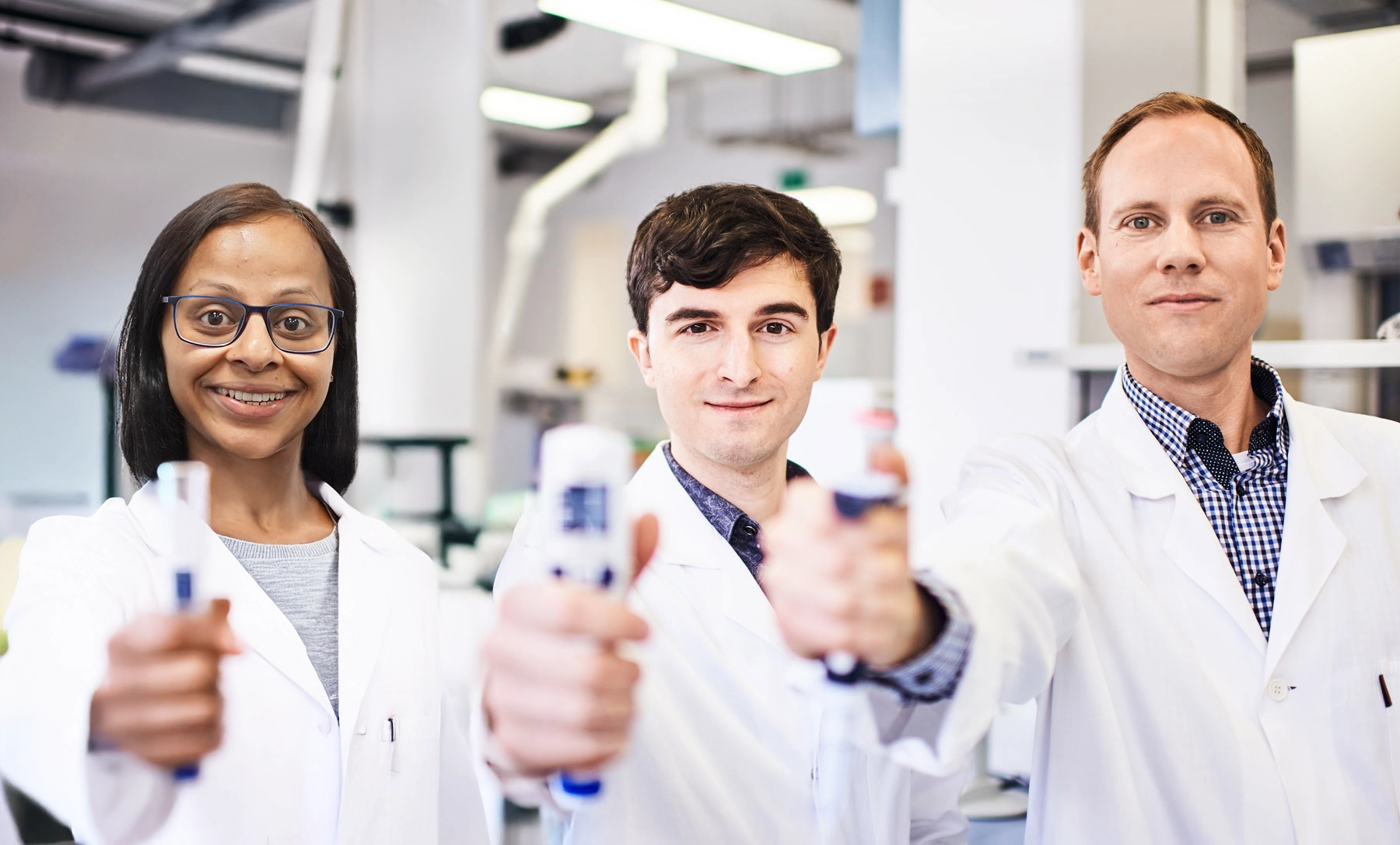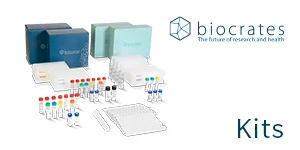

We are here for you
We look forward to supporting you with all your kit, software, and application needs. For the most up to date information and answers to common questions and issues, please explore the available resources:
- Kit files — Detailed information related to setting up and running kits (available as a download on mybiocrates with a valid WebIDQ subscription)
- WebIDQ user manual — Detailed instructions for kit workflow (click here)
- Video tutorials — Instructional videos including the kit lab workflow, WebIDQ tips, tricks, and magic (link below)
- Knowledge base — Answers to many common questions and troubleshooting tips (link below)
Additional resources, such as application and technical notes, protocols (SOPs) for diverse matrices, analytical specifications, safety data sheets, and quality control and calibration standard concentrations are also available in the download section of the mybiocrates portal.
Knowledge base for your support
Our knowledge base has all helpful information you need—whether you’re preparing samples, troubleshooting your LC-MS system, or working with WebIDQ software. You’ll find step-by-step guides, best practices, and expert insights to support your workflow. It’s your shortcut to smooth sailing through the kit workflow.








